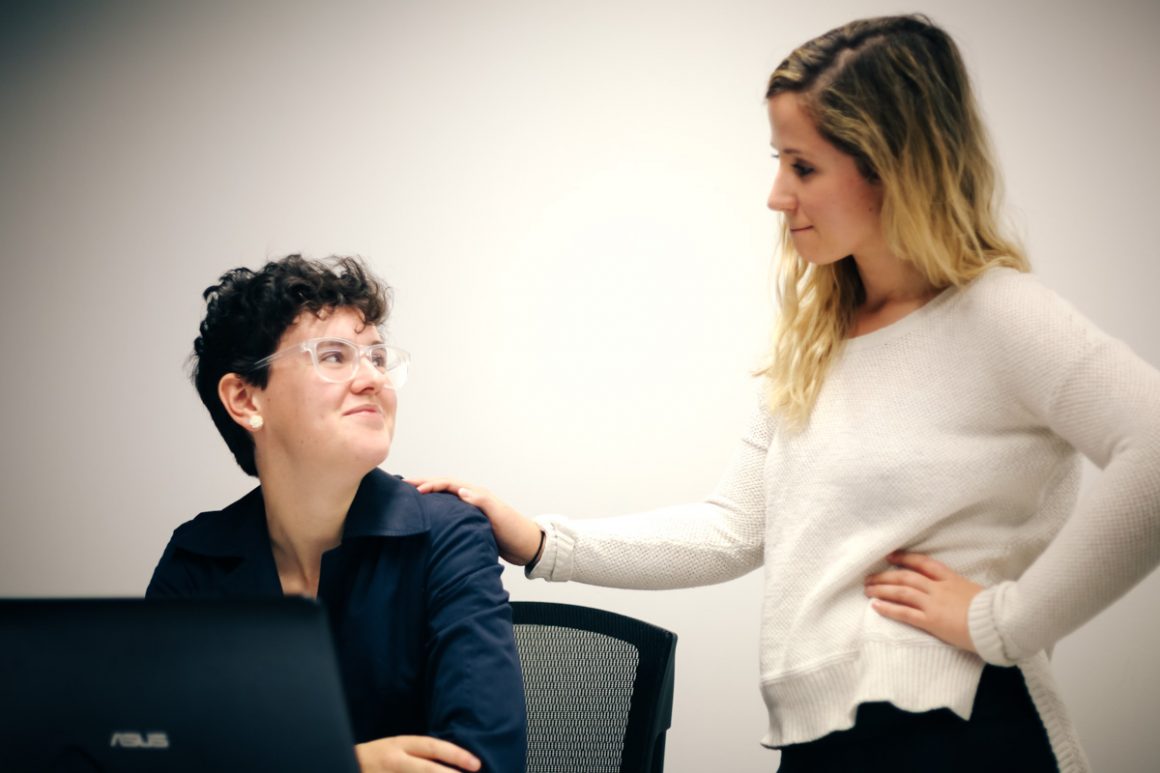
Professors should not be involved in students’ personal lives
By Jesse Stilwell October 4, 2017 —
Recent discourse in the higher education community is making the case for academic staff to be more involved in their students’ lives as supportive figures, rather than as purely academic mentors. Though well-intentioned, this is not necessary and should not be expected from a university’s already busy academic staff.
Mental health support and a sense of community is absolutely needed on campuses to ensure students are successful. But asking professors to step into this realm creates several conflicts. Even something as small as helping out at residence move-in days blurs the line between objective academic supervisor and friend.
Professors need to be completely separated from their students to ensure they remain objective when grading assignments. Professors being involved in a personal relationship with students creates an inappropriate power dynamic. If a professor spends a great deal of time nurturing certain students but not others, there is no way to ensure this relationship does not extend in to the classroom. Students are responsible for doing their best work possible, but if a prof who feels more like a friend gives them a bad grade, they will probably take it personally. And if the instructor isn’t as connected with another student and marks them critically, that student would be right to question whether the grade has something to do with them not being the prof’s favourite. The only way to protect against this practice becoming unfair is asking professors to develop an interest in every single one of their students’ personal lives, which would be impossible for any prof who teaches a large number of students.
Professors at research institutions are busy people. Most profs teach multiple undergraduate classes, supervise a graduate student or two and conduct their own research. Not to mention, they aren’t usually trained to be social workers or mental health professionals. Unless institutions are willing to invest the resources necessary to ensure professors are adequately trained to help students with their personal struggles, encouraging them to form these relationships could have negative outcomes for both students and professors.
University students are adults. If a student is struggling with a personal issue, they or someone else in their personal life should access the appropriate resources on their own, instead of expecting a professor to nurture them beyond something like granting an extension on an assignment. It is up to the family and friends of a university student to notice if the student isn’t taking care of themselves — not a prof who only sees the student a couple times a week. At the University of Calgary, most professors include information in their syllabuses about support resources available on campus, such as the Wellness Centre. That should be enough to ensure students are able to take care of themselves.
Calls for greater involvement of academic staff in the personal lives of students are just weird. Older professors are not going to be able to understand the problems of a 20-something-year-old student, nor should they be expected to. The existing supports available for students are sufficient to ensure their well-being is looked after.
